Gosport hospital drug deaths: Police identify 19 suspects
- Published
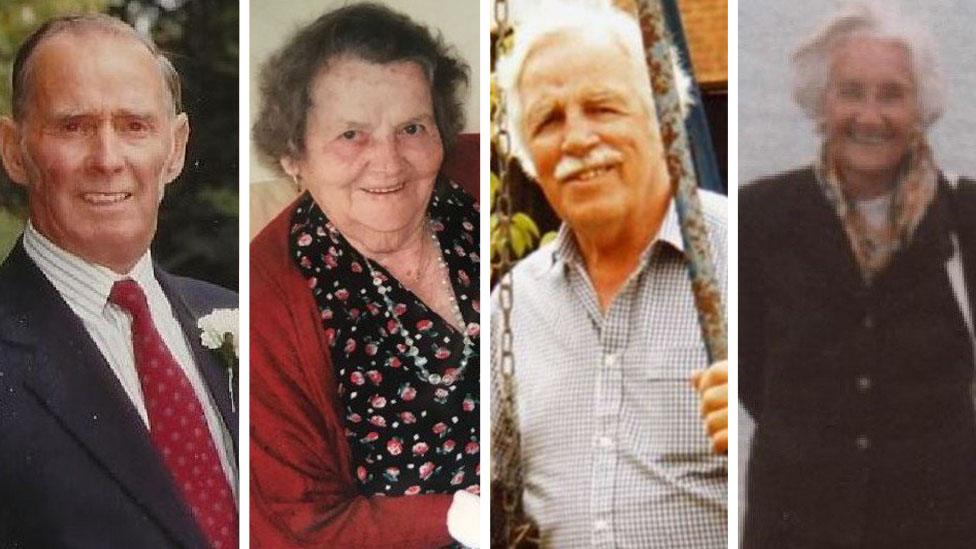
The families of Cliff Houghton, Dulcie Middleton, Brian Cunningham and Eva Page were among those calling for fresh investigations into their deaths
Nineteen suspects have been identified by police as part of a new inquiry into hundreds of deaths at a hospital.
An independent panel found 456 patients died after being given opiates inappropriately at Gosport War Memorial Hospital between 1987 and 2001.
The new criminal investigation is being led by Kent Police after three previous ones by Hampshire Constabulary resulted in no prosecutions.
Police said interviews with the suspects under caution were ongoing.
Detectives are examining more than 750 patient records as part of Operation Magenta after families, who have also campaigned for judge-led "Hillsborough-style" inquests, repeatedly called for justice.
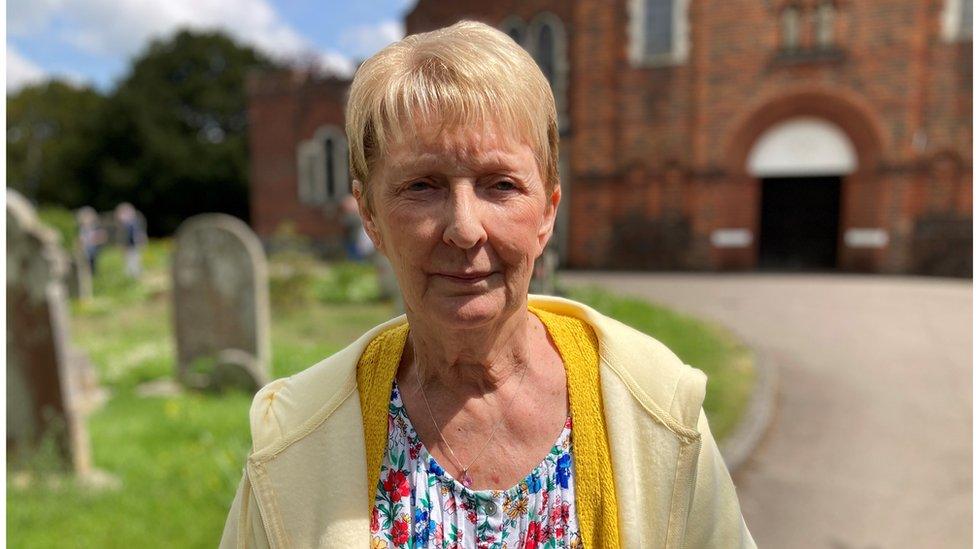
Linda Lacey was among relatives who welcomed the police's update on the investigation
Linda Lacey, whose father Vernon Gregory died in 1988 after going into the hospital for respite care, said the police update was "good news".
She said many of those who campaigned for the renewed investigation were now elderly and feared they would not see justice in their lifetimes.
"It's not as if we're after any money... we just want justice done," she added.
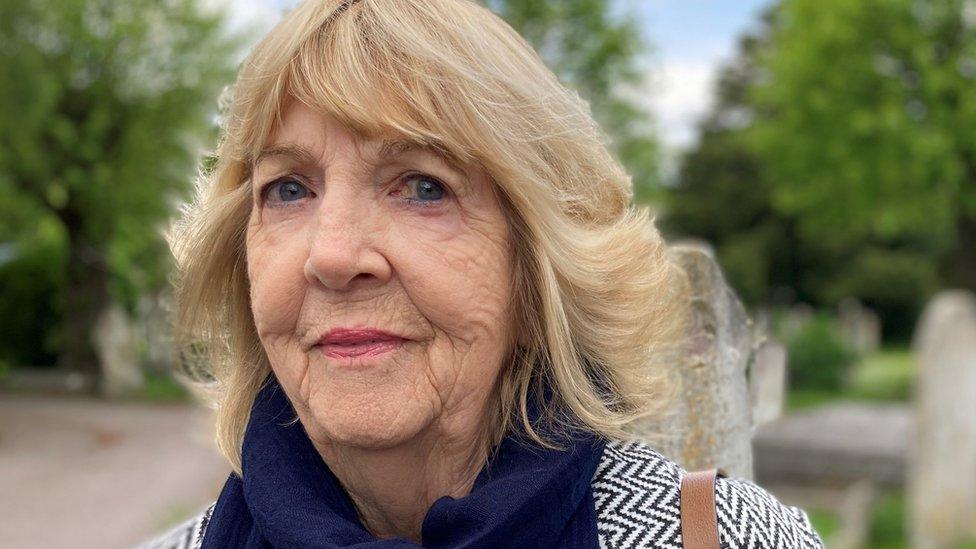
Marjorie Bulbeck's mother Dulcie Middleton died at Gosport War Memorial Hospita in 2001
Marjorie Bulbeck, whose mother Dulcie Middleton died at the hospital aged 86 in 2001 after going in for rehabilitation following a stroke, said she was still going through trauma because of the unanswered questions.
"It's OK for the police force doing what they're doing but it does not impact on their daily lives like it's impacting on mine," she said.
"It's very frustrating and it's on your mind nearly every day... my mother was a very strong woman, she wasn't ill when she went into hospital."
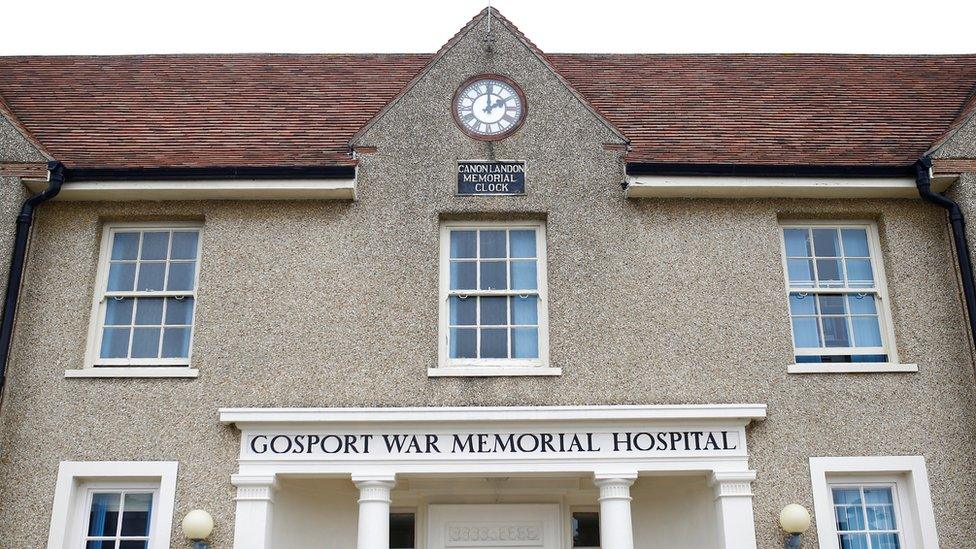
More than 450 patients died after being given painkilling drugs at Gosport War Memorial Hospital
Deputy Assistant Commissioner Neil Jerome said the investigation was the "largest and most complex of its nature in the history of UK policing".
He added: "Every single patient who died is important to us and their individual cases must be reviewed in full in order for an assessment to be made on their evidential strength.
"We also owe it to their families to investigate each death to the same high standard, and at the conclusion of the investigation all families who want to will be told everything we discovered about the nature of their care.
"We remain committed to building and maintaining trust and confidence among them and will continue to keep them updated on the progress of the investigation."
Mr Jerome added that detectives had so far assessed more than three million pages of documents and taken witness statements from 1,150 family members.
The 2018 report found there was a "disregard for human life".
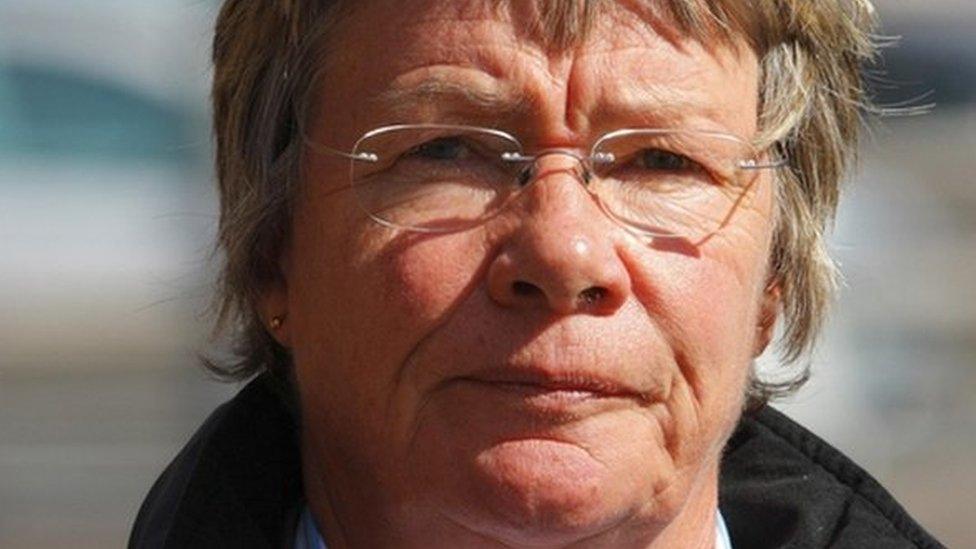
Dr Jane Barton was found guilty of serious professional misconduct in 2010 but no prosecutions were brought
Dr Jane Barton oversaw the practice of prescribing on the wards and is the only person to face disciplinary action.
She was found guilty of failings in her care of 12 patients between 1996 and 1999.
But she was not struck off the medical register, choosing to retire after the findings were published.
In a statement in 2018, Dr Barton said she was a "hard-working doctor" who was "doing her best" for patients in a "very inadequately resourced" part of the NHS.
Gosport hospital deaths: Timeline shows investigation
Coroner-led inquests in 2009 found drugs administered at the hospital contributed to five deaths.
However, lawyers representing some of the families have called for more wide-ranging inquests similar to those that examined the events of the Hillsborough disaster.
Among those calling for fresh investigations were the family of naval veteran Cliff Houghton, 72, who suffered with speech and mobility issues when he was admitted in 1994 to give his wife some respite.
Pam Byrne, his stepdaughter, told the BBC last year he seemed well in the days before he suddenly deteriorated and believes the hospital was responsible by administering a large dose of diamorphine.
"How could they ignore so many deaths with so many similar reasons on death certificates? It went on for years," she added.
Others have described similar situations in which their loved ones went into hospital for routine surgery or care but never returned home.

Follow BBC South on Facebook, external, Twitter, external, or Instagram, external. Send your story ideas to south.newsonline@bbc.co.uk, external.
Related topics
- Published28 September 2022

- Published22 November 2021
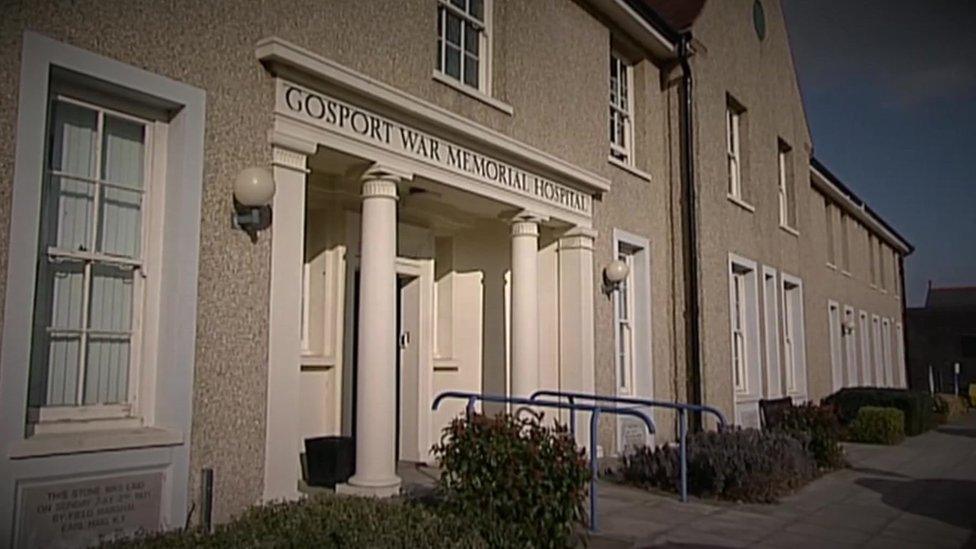
- Published15 March 2021
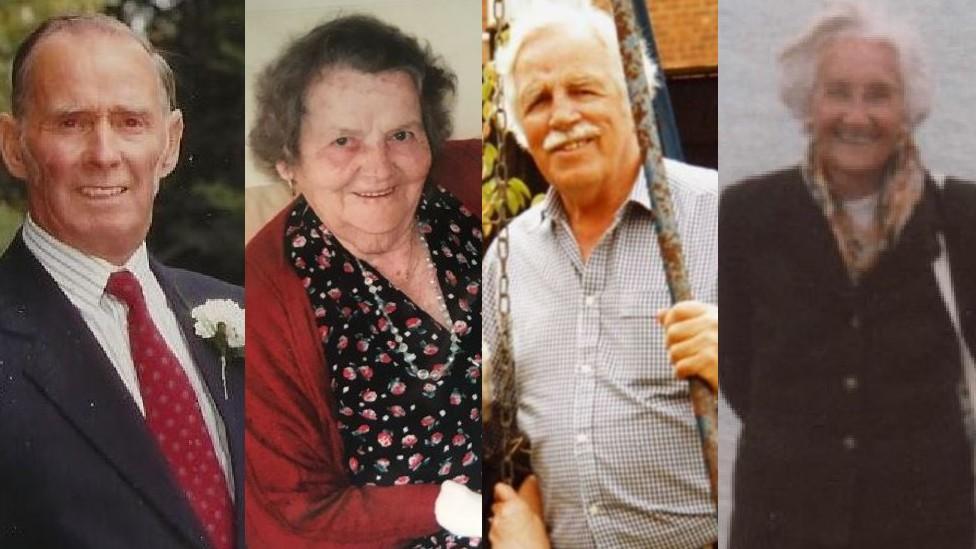
- Published5 February 2021

- Published20 January 2019
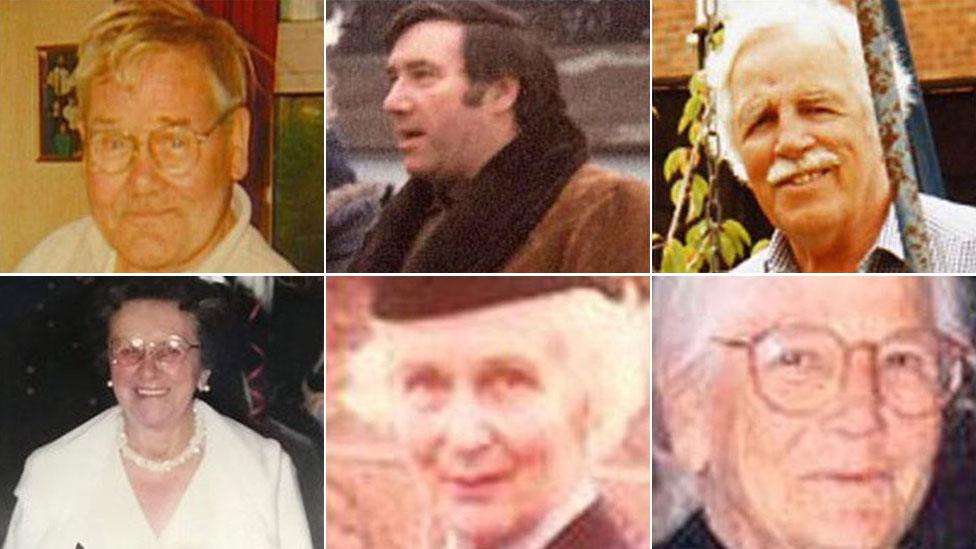
- Published20 June 2018
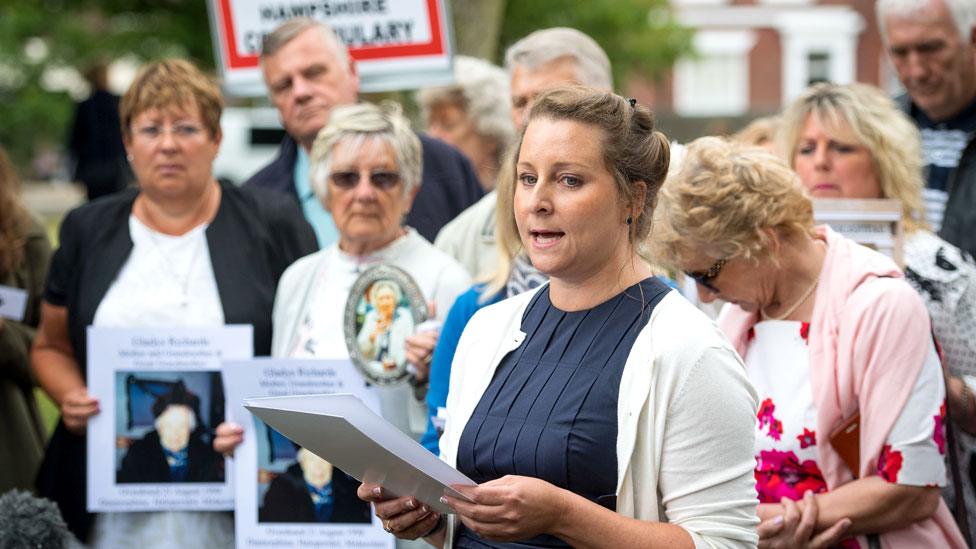
- Published20 June 2018